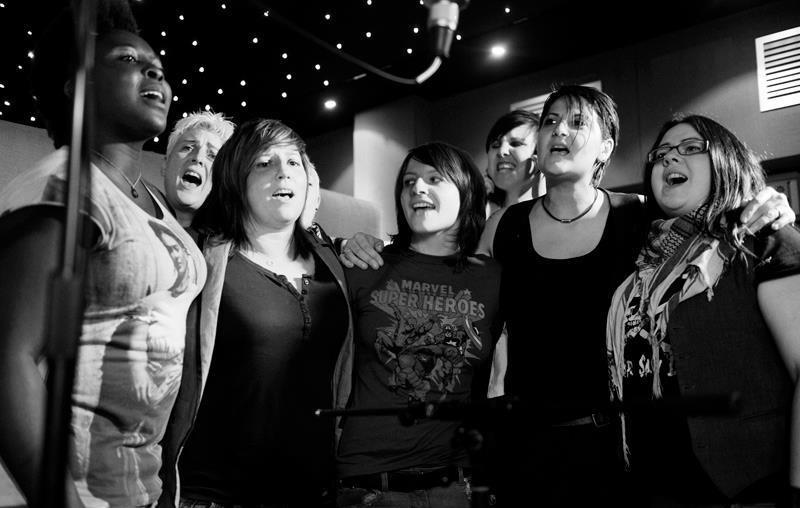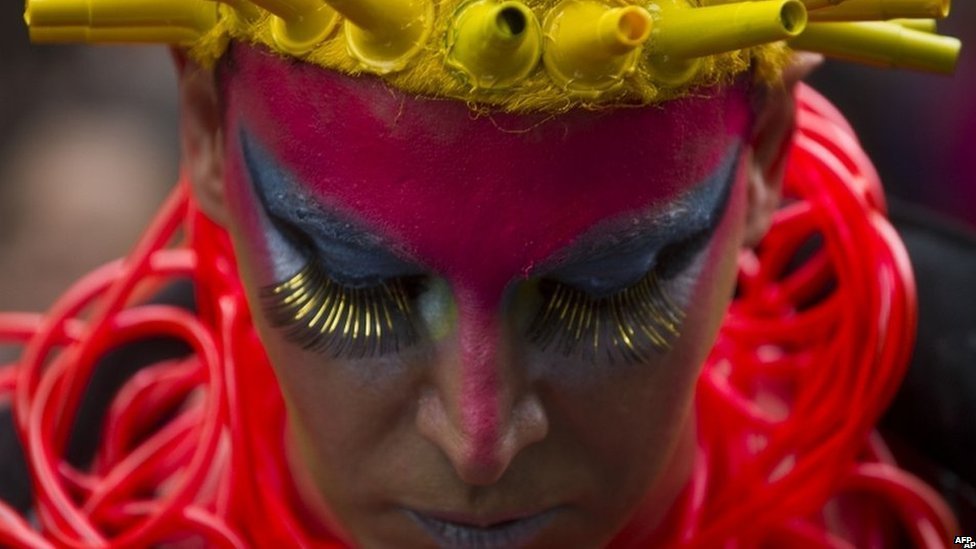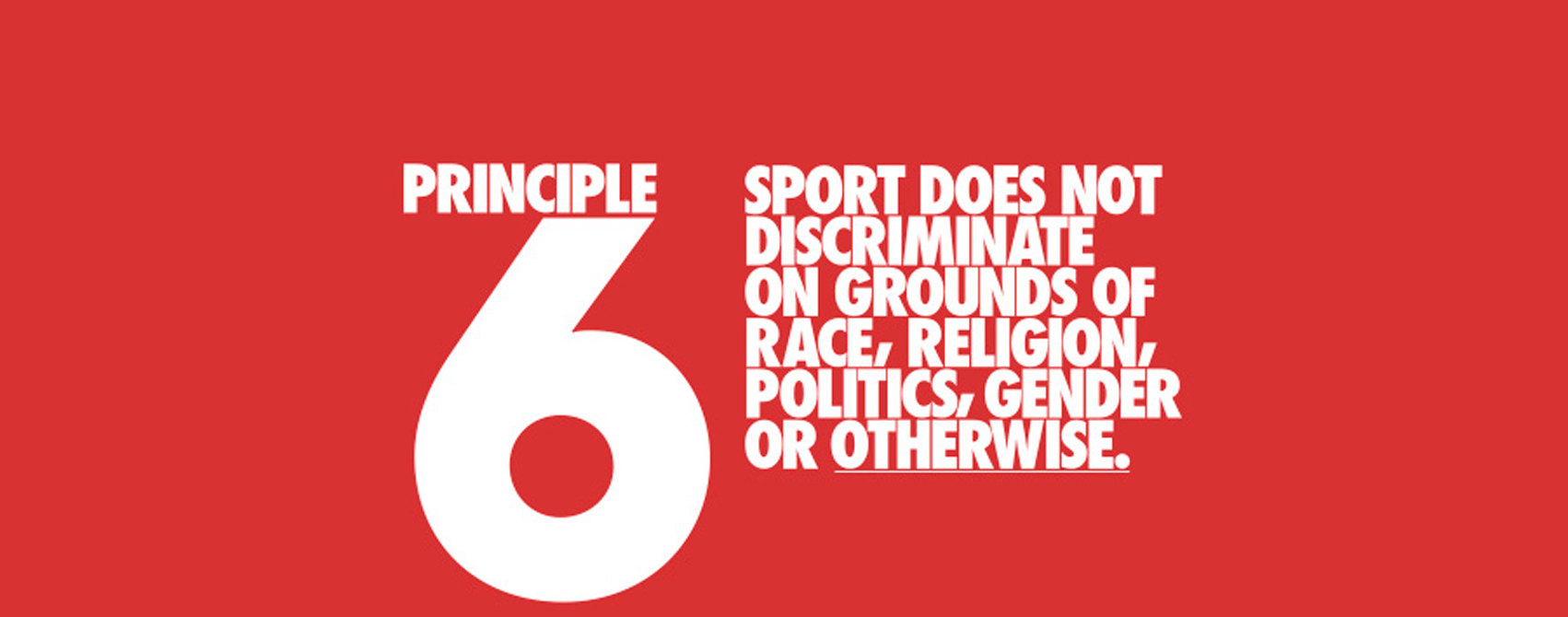As the UK’s first wave of same-sex newlyweds settle happily into married life, The L Project gears up to repeat their success of 2012 with a second LGBT charity single – We’re All Human.
And success is here. Only 15 hours after release, and The L Project have hit No1 in the Amazon Movers and Shakers charts, as well as No1 in the folk charts. They have also just entered the iTunes charts.
The new single, released yesterday, has been recorded by a diverse group of LGBT artists, and every penny earned from the song will be donated to LGBT charities who work to promote diversity and equality.
The L Project’s previous song It Does Get Better, released in 2012, made number 11 in the official UK indie charts, despite all the artists being unsigned. The song also topped the iTunes and Amazon charts for over a week, and received coverage in leading international LGBT magazines and local BBC radio, all without any professional promotion. That song continues to raise funds, through download sales, YouTube views, related merchandise, and royalties, to help prevent LGBT bullying in schools.
“Since the first song we’ve built up a massive network of support through social media. This time we hope that the mainstream media will pick up our story, so that even more people will download the song, and be part of changing the lives of LGBT people who need support. Some of that help will be financial, as we give every penny earned to the charities – including royalties – but we also have lots of stories about people all over the world being helped just by hearing the words and knowing there are people like us who care.”
Georgey Payne, The L Project – also the songwriter and producer of We’re All Human.
The UK might have progressed a lot since 1999, when the country had the a largest number of anti-gay laws in the world, but others aren’t so fortunate, as highlighted during the SOCHI Winter Olympics. As the media outrage fades over Russia’s attitude towards the LGBT community, The L Project steps in to help keep the flame alive.
“It’s easy when you’re part of a majority to take the view that because you don’t experience an issue, there isn’t a problem. But the evidence is undeniable. Media stories focus people’s attention for a while, but when the stories stop, people become complacent, and inadvertently become complicit in allowing things to not only continue, but potentially worsen – not just in Russia, but in India, Uganda and around the world.
Sofia Antonia Milone, The L Project and also collaborated on the lyrics of the new song.
The benefiting charities this time are the Russian LGBT Network which helps LGBT victims of abuse in Russia, Mermaids, the UK’s youth Transgender charity and the Kaleidoscope Trust.
The L Project have released an official video to coincide with the song’s release, as well as some behind the scenes videos on youtube. These videos show some of the less visible contributors to the project: videographers, photographers, hairstylists, and runners, all of whom worked tirelessly and – just like all the artists – for free.
Please help us by sharing this song’s message of hope and warmth to LGBT people who still face a struggle. A struggle which can result in being burnt alive, hung, hunted, raped, and bullied. Some even take their own lives…
You can help change all this…
- Official Music Video for “We’re All Human” LGBT Charity Song: https://www.youtube.com/watch?
v=hCMIq70vDkQ








